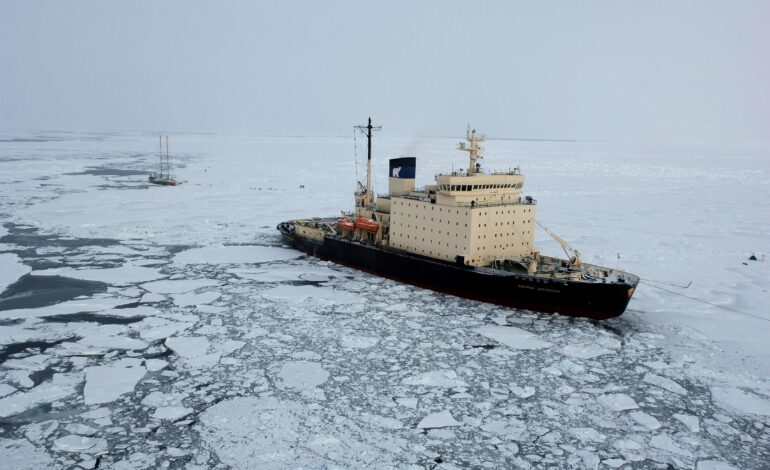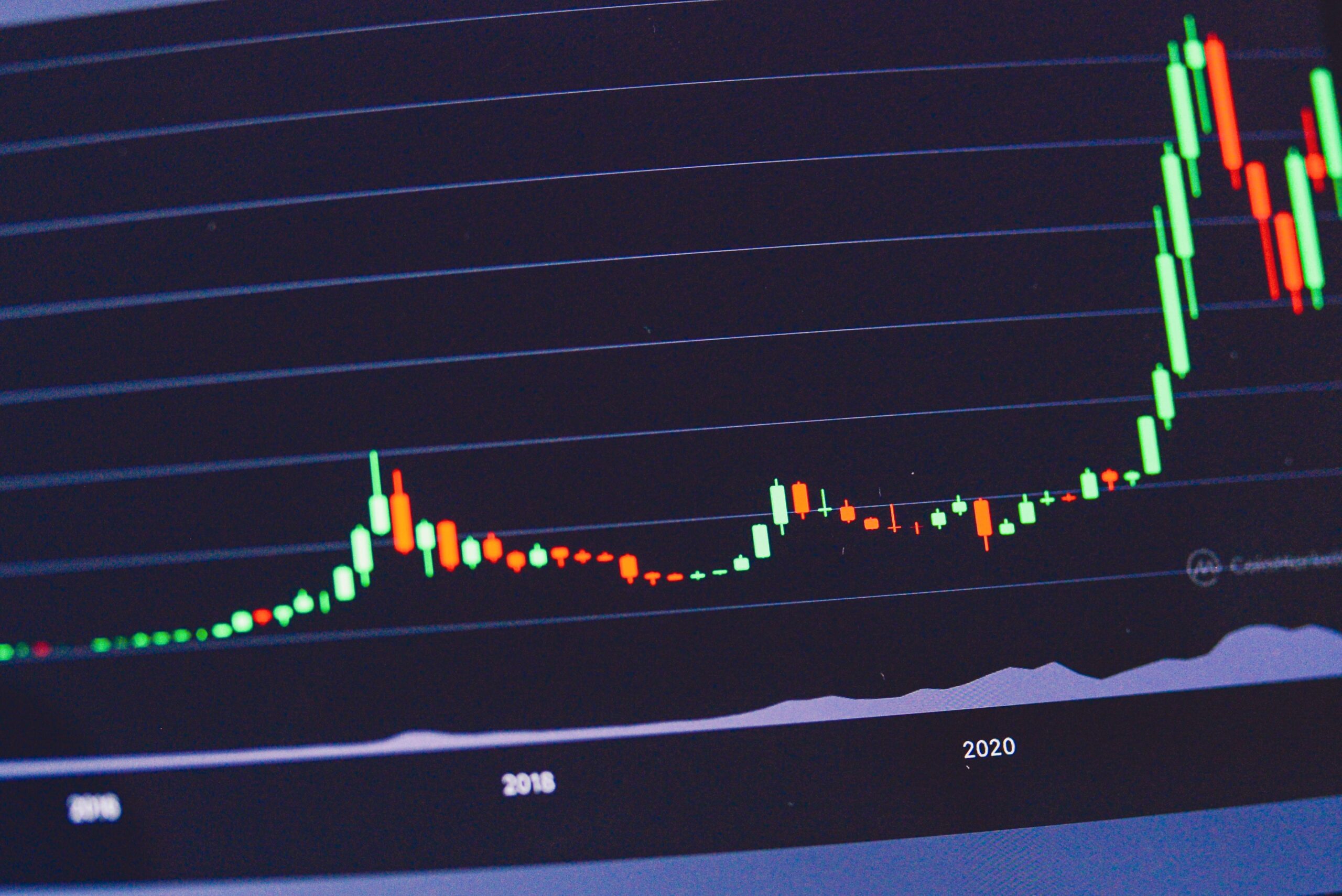
Circular Economy Practices in Bunker Fuel Industry
The concept of circular economy is gaining traction across industries worldwide, including in the bunker fuel sector. This article explores how circular economy principles are reshaping practices within the bunker fuel industry, focusing on sustainability, resource efficiency, and innovative approaches to reduce environmental impact.
Understanding Circular Economy in Bunker Fuel
Circular economy principles aim to minimize waste, maximize resource efficiency, and promote the continual use of materials through recycling, reusing, and remanufacturing. In the context of the bunker fuel industry, these principles emphasize:
- Resource Efficiency: Optimizing fuel production processes to minimize resource consumption and waste generation, thereby reducing environmental footprint.
- Closed-loop Systems: Implementing systems where residual products, such as used bunker fuel oils, are recycled or repurposed rather than discarded, promoting a circular flow of materials.
- Lifecycle Approach: Adopting a lifecycle perspective to enhance the sustainability of bunker fuel operations, from extraction and production to consumption and end-of-life management.
Key Circular Economy Practices in Bunker Fuel Industry
- Fuel Oil Blending: Utilizing recycled or reprocessed oils as components in bunker fuel blends, reducing the reliance on virgin fossil fuels and minimizing waste generation.
- Waste Heat Recovery: Implementing technologies to capture and utilize waste heat from engine exhausts or industrial processes to generate additional energy or heat, improving overall energy efficiency.
- Biofuel Integration: Incorporating biofuels derived from renewable sources such as algae or waste oils into bunker fuel blends, reducing greenhouse gas emissions and promoting sustainable fuel alternatives.
- Material Recycling: Developing processes to recycle used bunker fuel residues or contaminants into valuable products or energy sources, contributing to a closed-loop approach.
Benefits of Circular Economy Practices
- Environmental Sustainability: Reducing carbon emissions, minimizing waste generation, and conserving natural resources through efficient use and recycling of materials.
- Cost Efficiency: Lowering operational costs associated with waste disposal, raw material procurement, and compliance with environmental regulations.
- Innovation and Competitiveness: Driving innovation in cleaner technologies, enhancing market competitiveness, and meeting evolving consumer and regulatory demands for sustainable practices.
Challenges and Considerations
- Technological Adaptation: Investing in and implementing advanced technologies and infrastructure to support circular economy practices, such as efficient recycling processes and waste treatment facilities.
- Regulatory Compliance: Ensuring adherence to environmental regulations and standards governing fuel quality, emissions, and waste management throughout the bunker fuel lifecycle.
- Industry Collaboration: Promoting collaboration among stakeholders, including fuel suppliers, shipping companies, regulators, and research institutions, to develop and implement circular economy solutions effectively.
Future Outlook and Innovations
- Advanced Recycling Technologies: Continued development of innovative recycling technologies and processes to efficiently recover and reuse materials from bunker fuel residues.
- Circular Supply Chains: Establishing circular supply chains within the bunker fuel industry, integrating suppliers, producers, and consumers to promote resource efficiency and waste reduction.
- Policy Support and Market Incentives: Encouraging policy frameworks and economic incentives that reward circular economy practices and sustainable innovations in bunker fuel operations.
Conclusion
Circular economy practices are reshaping the bunker fuel industry, driving sustainability, resource efficiency, and innovation. By embracing these principles, stakeholders can mitigate environmental impact, enhance operational resilience, and contribute to a more sustainable future for global maritime transportation. As the industry evolves, collaboration, technological advancement, and regulatory alignment will play pivotal roles in fostering circular economy practices and achieving long-term environmental stewardship in bunker fuel operations.





